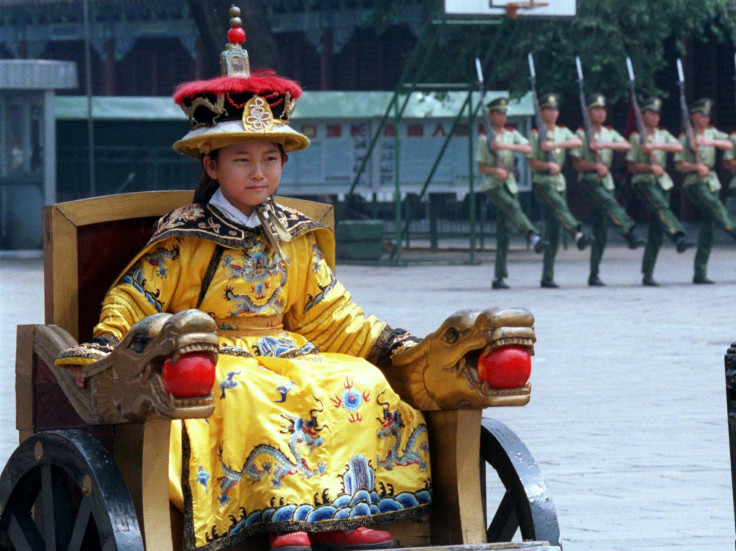Effect of China’s One-Child Policy: Neurotic, Pessimistic, Less Competitive Adults

China's one-child policy has been roundly controversial since its introduction in 1979. Meant to curb the country's extensive population growth, the collection of policies means that urban families are generally restricted to having one child. Now, a study published in the journal Science has studied the effects of growing up under the one-child policy and the results are not pretty.
Professor Xin Meng, one of the study authors from the Australian National University, said to BBC, "In China, there is a very common belief that the one child generation is spoilt and selfish and they are not hardworking...even though it is a common belief, no one has ever tested this thing, or given hard evidence - and that is why we decided to study this."
The study involved 421 participants. Half were born shortly before the policy's institution; the other half were born shortly afterwards. The results find that the one-child policy has helped to mold Chinese children, now adults, into "little emperors", as the study's headline puts it.
The study used a variety of personality tests and economic games in order to assess the participants' personality traits. For example, one was called the Trust Game. Participants were given money, which they, in turn, would give to an anonymous donor. That donor's money would be tripled, and they would return some to the original person. The idea was that the original giver would need to trust that the receiver would return the money. Children born under the one-child policy tended to give less money to the donor who, in turn, would return them less money.
Other findings from the study found that the one-child policy adults were less trusting, trustworthy, competitive and conscientious than the individuals born before the policy. The study also found that the one-child policy individuals were more neurotic, pessimistic and risk-averse.
"So in terms of implications, broadly, you may be worried about a reduction in entrepreneurial ability with people not willing to take risks and not willing to compete... you might be concerned about the lack of trust in society and trust is very important even in commercial transactions," lead author Lisa Cameron, economics professor at Monash University, said to Reuters.
Others are less taken by the study. As The Scientist magazine explains, other studies undertaken elsewhere in the world found that only children were quite similar to their peers who had siblings. However, those studies relied on relatively weak data collection measures, like questionnaires and behavior observation. In other countries, too, having an only child is a choice, so a select demographic has only children - meaning that studies about them are also studies about their family environment.
University of Oxford professor Stuart West also pointed out that there were a host of "explanations of anything else that could have varied with time: variation of socio-economic environment, prosperity, nutrition, political environment - anything."



























